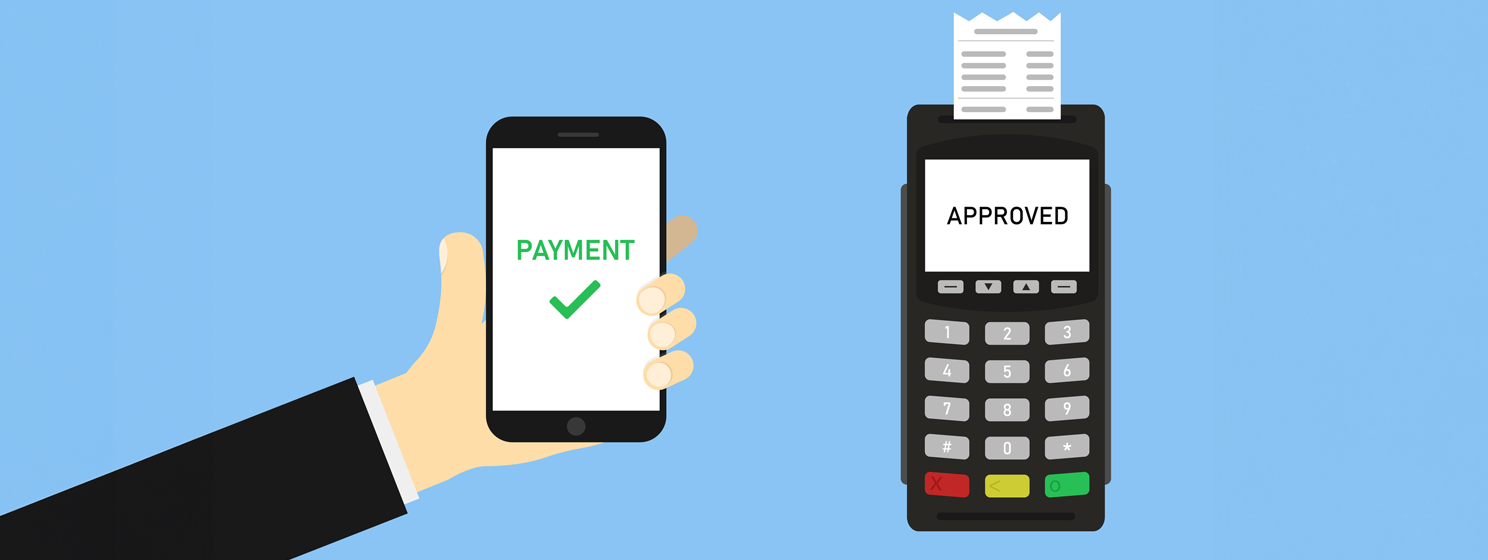|
Getting your Trinity Audio player ready...
|
The U.S. House of Representatives has made history by approving the first federal legislation governing how digital assets are to be regulated, although its ultimate fate remains anything but assured.
On May 22, the House voted 279-136 in favor of FIT21, aka the Financial Innovation and Technology for the 21st Century Act, which (among other things) aims to clarify which government agencies will have responsibility for overseeing specific tokens and digital asset platforms.
The ‘yea’ votes came from 208 Republicans and 71 Democrats, while the ‘no’ side consisted of 133 Dems and just three GOP reps. The Dems who voted ‘yea’ did so in defiance of President Joe Biden, whose office issued a statement prior to the vote opposing FIT21’s passage.
Biden’s statement said that while the administration was “eager to work with Congress to ensure a comprehensive and balanced regulatory framework for digital assets … [FIT21] in its current form lacks sufficient protections for consumers and investors who engage in certain digital asset transactions.”
FIT21 will significantly boost the oversight role of the Commodity Futures Trading Commission (CFTC) while significantly hobbling the Securities and Exchange Commission (SEC). (More on this split below.) Republicans, in particular, have expressed sustained outrage at SEC chair Gary Gensler, under whose leadership the SEC has taken an aggressive stance against ‘crypto’ crime.
The day before the vote, eight Dem members of the House Financial Services and Agriculture committees signed a letter to their colleagues urging them to support FIT21, claiming it was “designed to prevent the next FTX by giving regulators increased power over digital asset firms.” The letter claimed this “should not be a partisan issue.”
However, the ranking members of those two committees wrote their own letter, warning their Democratic colleagues that FIT21 “would transfer most crypto and some traditional securities into a regulatory void, with no primary regulator and virtually no laws or regulations.” This would lead to a “proliferation of fraud that will have devastating consequences for consumers and investors.”
In the brief debate that preceded Wednesday’s vote, Rep. Maxine Waters (D-CA) called FIT21 “perhaps the worst, most harmful proposal I have seen in a long time.” Waters claimed FIT21 “would deregulate crypto and certain traditional securities to the extent that I and other experts have expressed serious concerns about this bill causing a potential market crash and recession.”
The torrent of bankruptcies that rocked the ‘crypto’ sector in 2022-23 didn’t result in significant contagion among tradfi institutions but some fear that FIT21 could erode that protective barrier. Rep. Stephen Lynch (D-MA) called FIT21 “a radical rewrite of the securities laws of this country” that “will cause havoc in our financial markets, eventually.”
It’s perhaps worth noting that FIT21 was approved on ‘Bitcoin Pizza Day,’ which commemorates the day in 2010 on which ‘Florida man’ Laszlo Hanyecz paid 10,000 Bitcoin for two Papa Johns pizzas. The transaction is considered the first time in Bitcoin’s young history that the token was used in a verifiable act of mainstream commerce.
Given the utter lack of acceptance by retail merchants since that momentous occasion—primarily due to BTC’s relentless focus on ‘digital gold’ rather than digital money—we think it’s time to update that anniversary’s appellation. How about ‘BTC Illegal Online Drug Market Day?’ (Mine’s a large pepperoni with extra fentanyl.) See you next year!
SEC’s Gensler warns the worst is yet to come
Prior to Wednesday’s vote, FIT21 co-sponsor Rep. Patrick McHenry (R-SC) opined that the SEC and CFTC were “currently in a food fight for control of this asset class.” McHenry claimed FIT21 “fixes this,” although the ‘fix’ may prove the demise of many an investor naïve enough to swallow the misleading ‘crypto’ hype.
Ahead of the vote, SEC chair Gensler issued a statement saying FIT21 “would create new regulatory gaps and undermine decades of precedent regarding the oversight of investment contracts, putting investors and capital markets at immeasurable risk.”
Gensler specifically warned that FIT21 “would remove investment contracts that are recorded on a blockchain from the statutory definition of securities and the time-tested protections of much of the federal securities laws.” Gensler added that this “implies what courts have repeatedly ruled—but what crypto market participants have attempted to deny—that many crypto assets are being offered and sold as securities under existing law.”
Gensler further warned that FIT21 “allows issuers of crypto investment contracts to self-certify that their products are a ‘decentralized’ system and then be deemed a special class of ‘digital commodities’ and thus not subject to SEC oversight. Whether something is a ‘digital commodity’ would be subject to self-certification by ‘any person’ that files a certification.”
The SEC would have only 60 days in which to review these self-certifications and FIT21 authorizes no new resources to the SEC (while the CFTC gets a budget boost). These shortcomings make it “implausible that the SEC could review and challenge” the roughly 16,000 digital assets currently circulating in the wild. As a result, “the vast majority of the market might avoid even limited SEC oversight envisioned by the bill for crypto asset securities.”
Gensler offered more scenarios in which decentralized finance (DeFi) platforms and ‘crypto asset trading systems’ would effectively be immune from regulation. This could—and almost certainly will—create situations in which platforms could actively trade against their customers.
Gensler summed up his opposition by noting that the ‘crypto’ sector’s “record of failures, frauds, and bankruptcies is not because we don’t have rules or because the rules are unclear. It’s because many players in the crypto industry don’t play by the rules.” Rules that now might become a lot weaker.
Fun with numbers
FIT21 will now travel to the Senate, where there’s no companion bill that can be easily resolved with the House version. With Dems holding a slim majority in the Senate and some vehemently anti-crypto senators in their caucus, FIT21’s chances of simply coming up for debate—let alone a favorable vote—are far from assured.
Even if FIT21 were to pass the Senate, it would likely not pass by a margin sufficient to ward off a possible Biden veto of the bill as currently written. That is, should Biden prove willing to take the (alleged) risk of annoying the handful of U.S. adults who might make ‘crypto’ the deciding factor in how they vote this November.
While crypto companies like Coinbase (NASDAQ: COIN) like to claim that one-fifth of Americans own some form of digital asset, their self-serving numbers have always been viewed with a grain of salt. And now there’s documented evidence that their data is—like the utility-free memecoins Coinbase so relentlessly hypes on its exchange—wildly overinflated.
A new Federal Reserve survey of the Economic Well-Being of U.S. Households found that only 7% of U.S. adults ‘held or used’ digital assets in 2023, down three points from 2022 and down five points from 2021.
Those Americans who did interact with tokens certainly weren’t using them for financial transactions. Only 1% of adults used ‘crypto’ to buy or pay for a product or service, while another 1% used it to send money to friends or family. As the survey put it, “use of cryptocurrency for financial transactions remained very low, even among groups who were more likely to use cryptocurrency in this way.”
The current BTC value bubble has been hyped as signs of a coming ‘crypto’ golden age, but data suggests the average number of new BTC wallets being added each week is at its lowest level since 2018. Huh… and here was us thinking that the mantra was ‘number go up.‘
Watch: It’s time for regulation to enable blockchain growth

 03-05-2026
03-05-2026 




